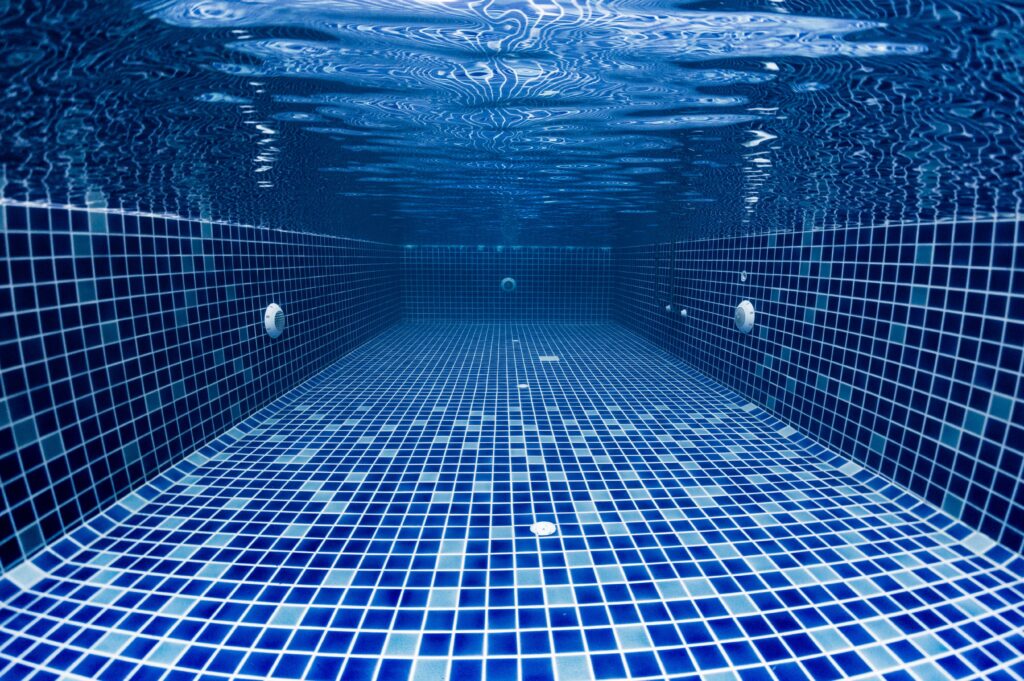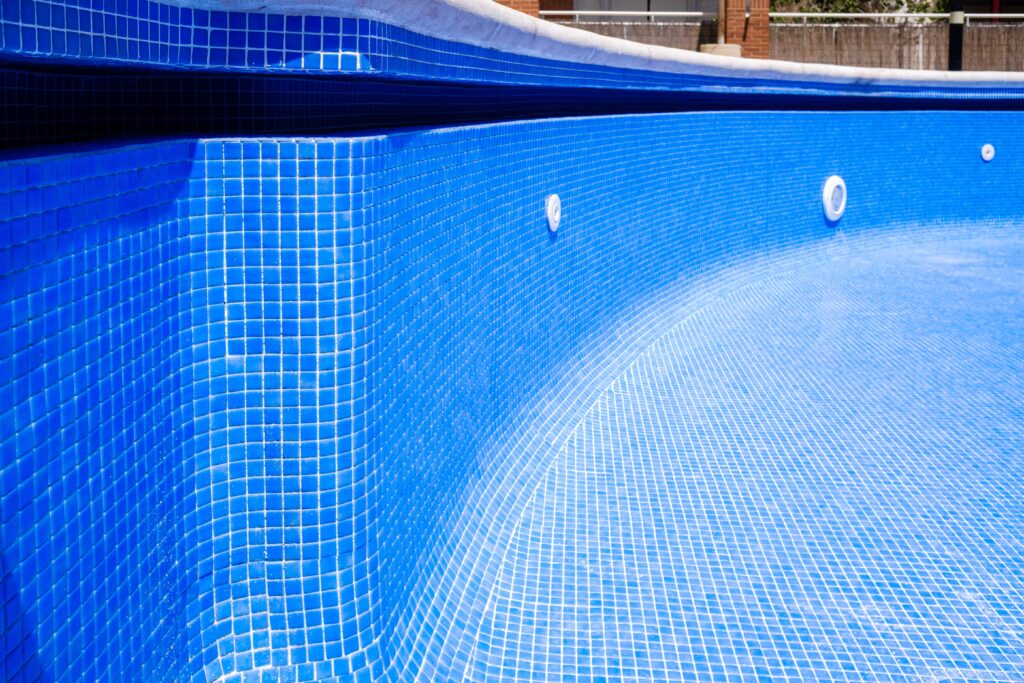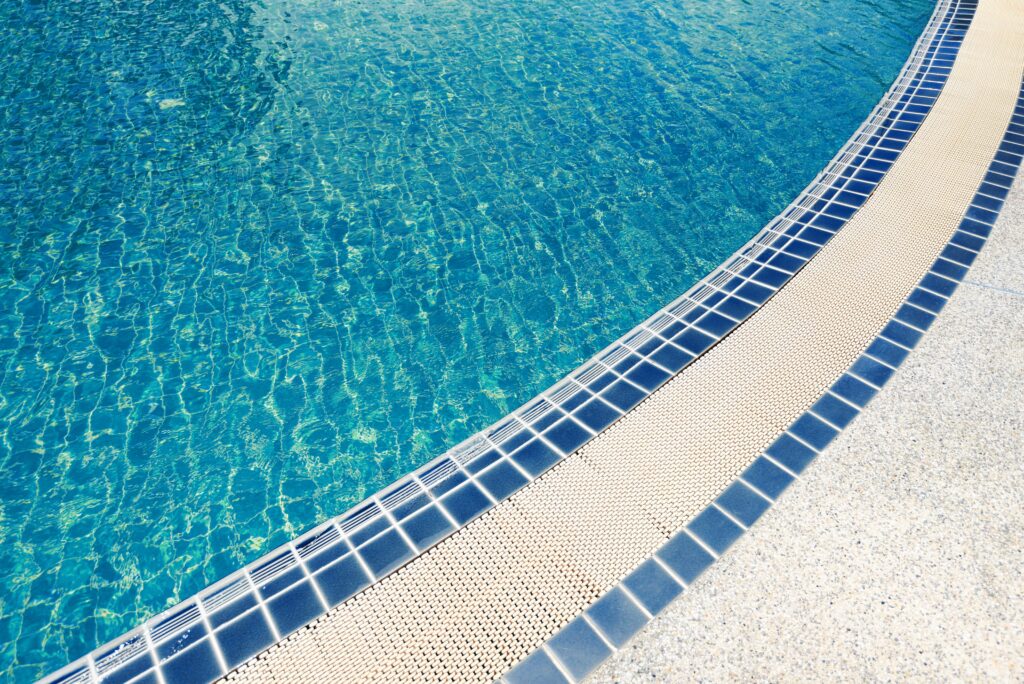How are Pool Tiles Differ from Other Tiles?
Pool Tiles Differ from Other Tiles – Understanding the Distinctions
When it comes to selecting tiles for various purposes, understanding the nuances between different types of tiles is crucial. In this article, we delve into the unique characteristics that set pool tiles apart from other types of tiles commonly used in homes and buildings.
Exposed to Sunlight
Bathroom and Kitchen Tiles
Tiles typically found in bathrooms and kitchens are not designed to endure prolonged exposure to direct sunlight. While they may encounter some sunlight through nearby windows, they are not specifically engineered to withstand constant sunlight.
Pool Tiles
In contrast, pool tiles are constantly exposed to sunlight, especially in outdoor pool settings. To withstand this exposure, pool tiles are crafted from materials that can endure prolonged sunlight without fading or deteriorating. Glazed tiles, for example, are a popular choice due to their resistance to acid and fading, ensuring they maintain their integrity even under intense sunlight.
Exposure to Substances
Kitchen and Bathroom Tiles
Tiles used in kitchens and bathrooms are primarily intended to withstand occasional spills and splashes. While they can handle exposure to liquids like water, soup, or juice, they are not designed for continuous immersion or exposure to harsh chemicals.
Pool Tiles
How are Pool Tiles Differ from Other Tiles?
Swimming pool tiles, however, are constantly submerged in water and exposed to various chemicals used for water maintenance. These tiles need to withstand prolonged exposure to water without deteriorating or losing their structural integrity. Pool tiles typically have a low water absorption rate, ensuring they remain durable and resistant to damage caused by water and chemicals.
Durability and Longevity
Kitchen and Bathroom Tiles
Tiles used in kitchens and bathrooms are designed to withstand regular wear and tear from foot traffic and occasional spills. While they are durable for their intended use, they may not hold up well under the unique conditions present in swimming pools.
Pool Tiles
Pool tiles are specifically engineered to endure the harsh conditions present in swimming pools, including constant exposure to sunlight, water, chemicals, and foot traffic. These tiles are designed to maintain their appearance and structural integrity over the lifetime of the pool with proper maintenance and cleaning.
Conclusion
In summary, the distinction between pool tiles and other types of tiles lies in their ability to withstand unique environmental factors such as exposure to sunlight and immersion in water with chemicals. While kitchen and bathroom tiles are designed for durability in typical household environments, pool tiles are tailored to withstand the specific challenges posed by swimming pools, ensuring long-term performance and aesthetics.
If you’re considering installing or renovating a swimming pool, it’s crucial to choose tiles specifically designed for pool applications to ensure optimal durability and longevity.
Choose Fujiwa Tiles!
How are Pool Tiles Differ from Other Tiles?
Fujiwa Tiles, a prominent tile company with locations in Dallas, TX, Van Nuys, CA, and Anaheim, CA, specializes in providing high-quality tiles for various applications, including swimming pools. Their extensive range of pool tiles encompasses durable materials specifically engineered to withstand the unique challenges posed by constant exposure to sunlight, water, and chemicals. With a commitment to both functionality and aesthetics, Fujiwa Tiles offers a diverse selection of glazed tiles that not only resist fading and corrosion but also enhance the visual appeal of swimming pool surfaces.
As discussed in the article above, the importance of selecting pool tiles designed for durability and longevity is paramount, and Fujiwa Tiles stands out as a trusted provider that caters to the specific needs of pool owners, ensuring optimal performance and aesthetics for years to come.
FAQs
1. Can I use regular kitchen or bathroom tiles for my swimming pool? While it’s technically possible, it’s not advisable. Regular tiles are not designed to withstand the unique conditions present in swimming pools and may deteriorate quickly.
2. How do pool tiles differ from outdoor patio tiles? Pool tiles are specifically formulated to withstand constant exposure to water and chemicals, whereas outdoor patio tiles are designed for general outdoor use and may not hold up well under prolonged immersion.
3. Are there different types of pool tiles available? Yes, there are various types of pool tiles, including ceramic, porcelain, glass, and natural stone, each with its own unique characteristics and aesthetic appeal.
4. Do pool tiles require special maintenance? Pool tiles should be regularly cleaned and maintained to prevent the buildup of algae, scale, and other contaminants. Routine maintenance helps preserve the appearance and longevity of the tiles.
5. Can I install pool tiles myself, or do I need professional installation? While some DIY enthusiasts may attempt to install pool tiles themselves, professional installation is recommended to ensure proper alignment, adhesion, and waterproofing, which are critical for long-term durability and performance.



